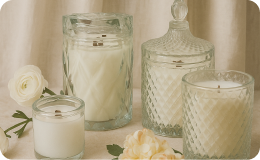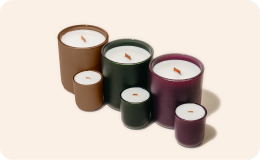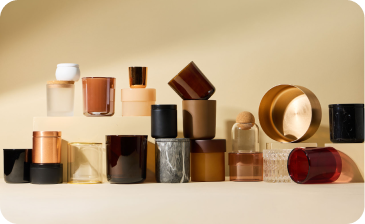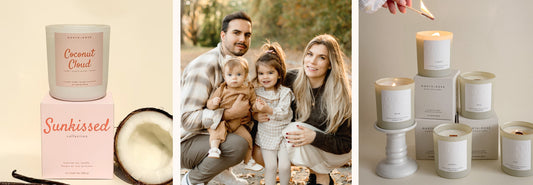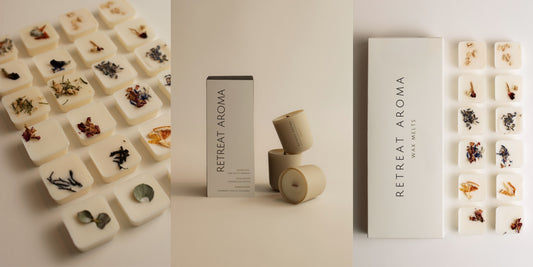How To Stop Soap From Sweating

Sometimes sweat is a good thing… you know, like when you just crushed an amazing workout? That kind of sweat is definitely okay. But when your soap starts to sweat… not so much.
Let’s take a look at how to prevent your soap from sweating with four of our go-to tips from our in-house soap making experts! But first, what in the world is soap sweating?
what is soap sweating?
Soap sweating is a natural phenomenon that can occur when humectants in your soap (the compounds that retain its skin moisturizing properties) attract moisture from the environment.
It occurs most commonly in high glycerin soap bases. Unlike candle sweating, which is caused by fragrance oil separating from the candle wax, soap sweating doesn’t come from the soap and instead, it forms when water droplets from the atmosphere latch onto the outside of your soap’s humectants.
Essentially, the part of your soap that retains moisture becomes so attractive to water droplets that the droplets can’t help but attach themselves (kind of like how cats can’t help but dig their claws into all the things you don’t want them to).
how to prevent soap sweating
While it won’t ruin your soap, soap sweating can be irritating when you're making beautiful homemade soap. Let’s take a look at the following tips to keep your soaps protected from those pesky little water droplets.

use a low glycerin soap base
Soap sweating mostly occurs when high glycerin bases are used and commonly occurs in humid or dry environments, but it can also happen in soaps that contain other humectants such as honey or castor bean oil.
To prevent soap from sweating, reach for a recipe or soap base that is low glycerin like coco mango butter or shea goat milk melt & pour soap bases from the makesy These are ultra nourishing, hydrating bases that set your soaps up for true sudsy success!
wrap your soaps in plastic
To prevent your soaps from attracting moisture in your environment, try shrink wrapping or wrapping them in plastic immediately after they are done curing. This will ensure that your product is airtight and helps avoid any chance of sweating. What an easy solution!
prepare an airtight drying container
If you’re not interested in packaging your soap right away, add silica beads into an airtight container, then place your finished soaps in the container for up to 2 hours, making sure to check on them every 30 minutes.
Don’t leave your soap in the drying container for too long, otherwise it will shrink and dry out. This step will require you to pay close attention to the clock so your soap doesn’t get ruined, so make sure to have a timer on hand!
invest in a fan or dehumidifier
This action is beneficial to take if you’re in a humid climate. Ideally, the room you’re making soap in should be as airtight as possible for this option to work. While it is a fairly expensive option, it is effective and gives you the freedom to make larger batches of soap without worrying about sweating or having to try the other tips mentioned above.
If you’re already set on using a high glycerin base and your soap does sweat, don’t panic! You can still use this type of soap by following step three to dry them out once they’re made, or you can physically wipe the soaps with a soft dry cloth, and then use any of the other tips above to prevent them from sweating again.
Now it’s time to put these tips into play! When you’ve created your sweat-less soap creations, post a photo on Instagram and tag us @makesy so we can share your sudsy success with other soap makers.
Looking for some more insightful soap making tips? Learn how to prevent loaf layers of soap from separating.
Happy making!

